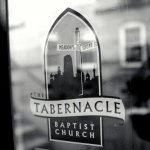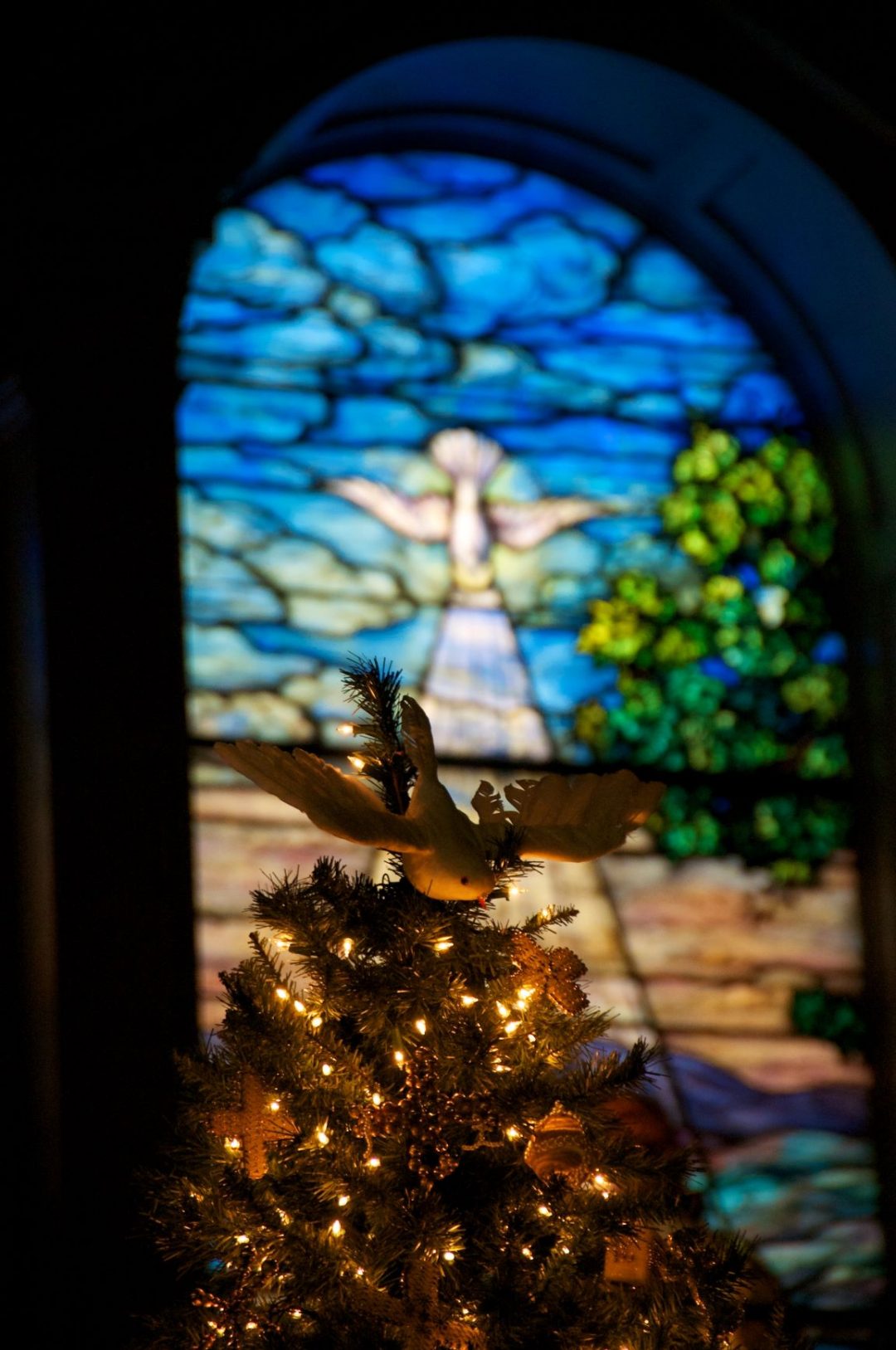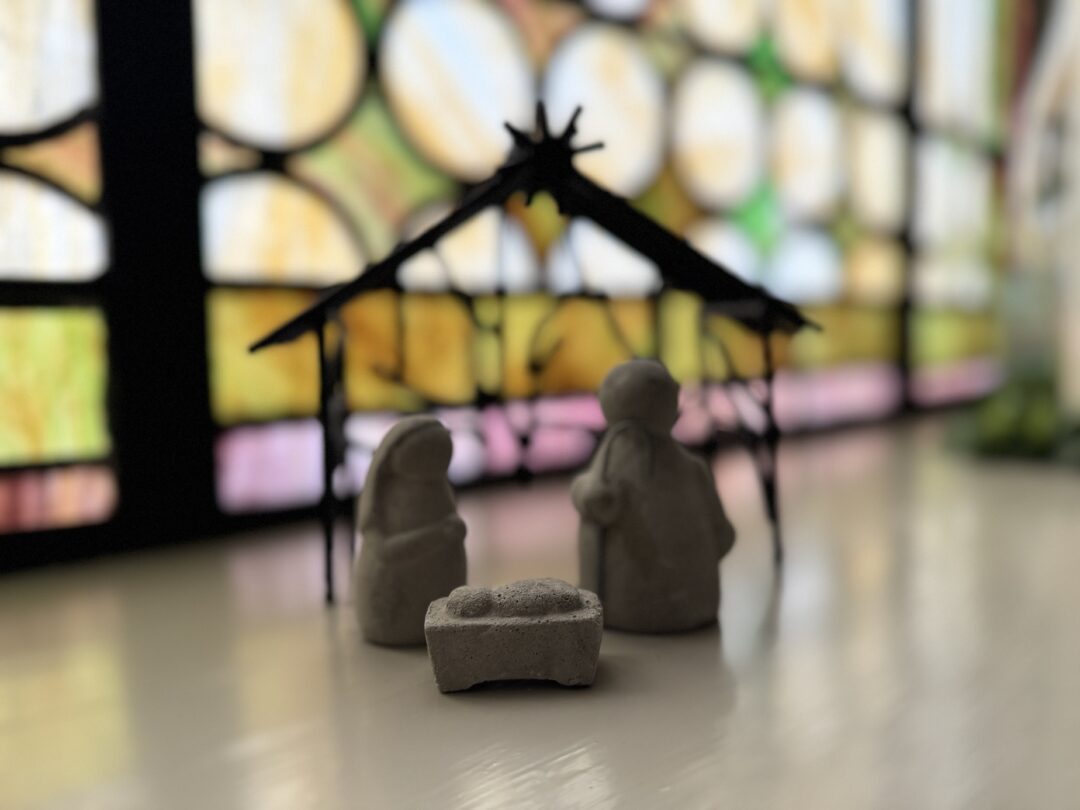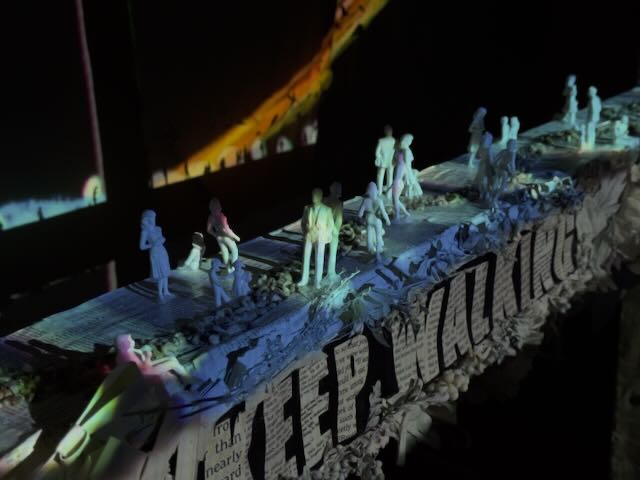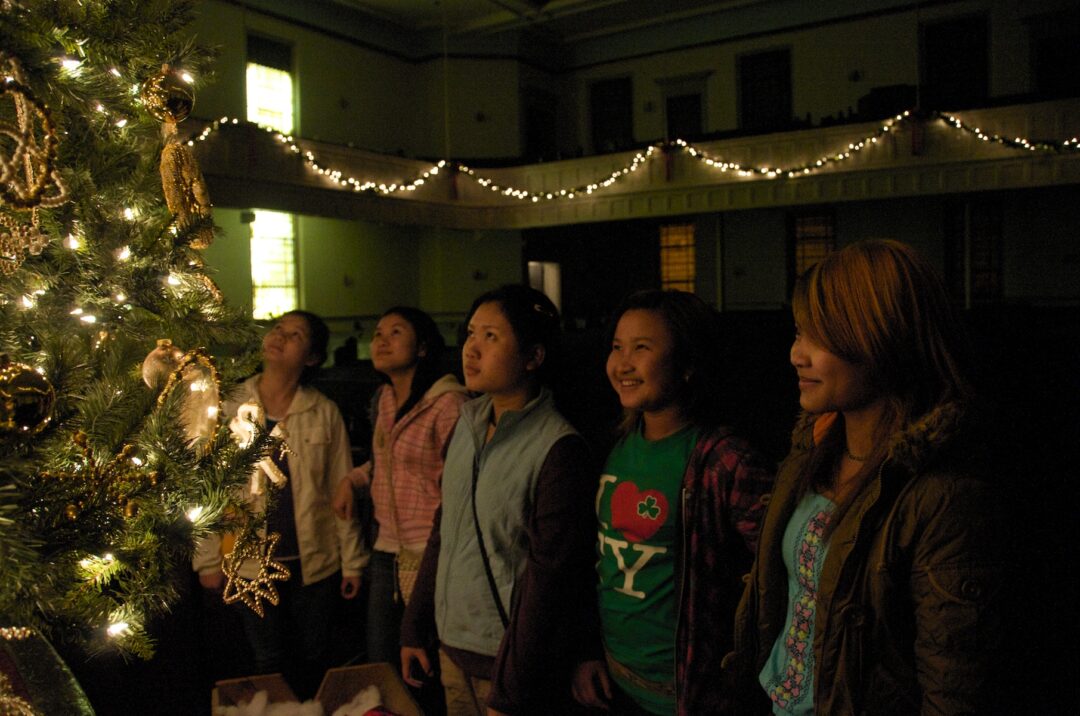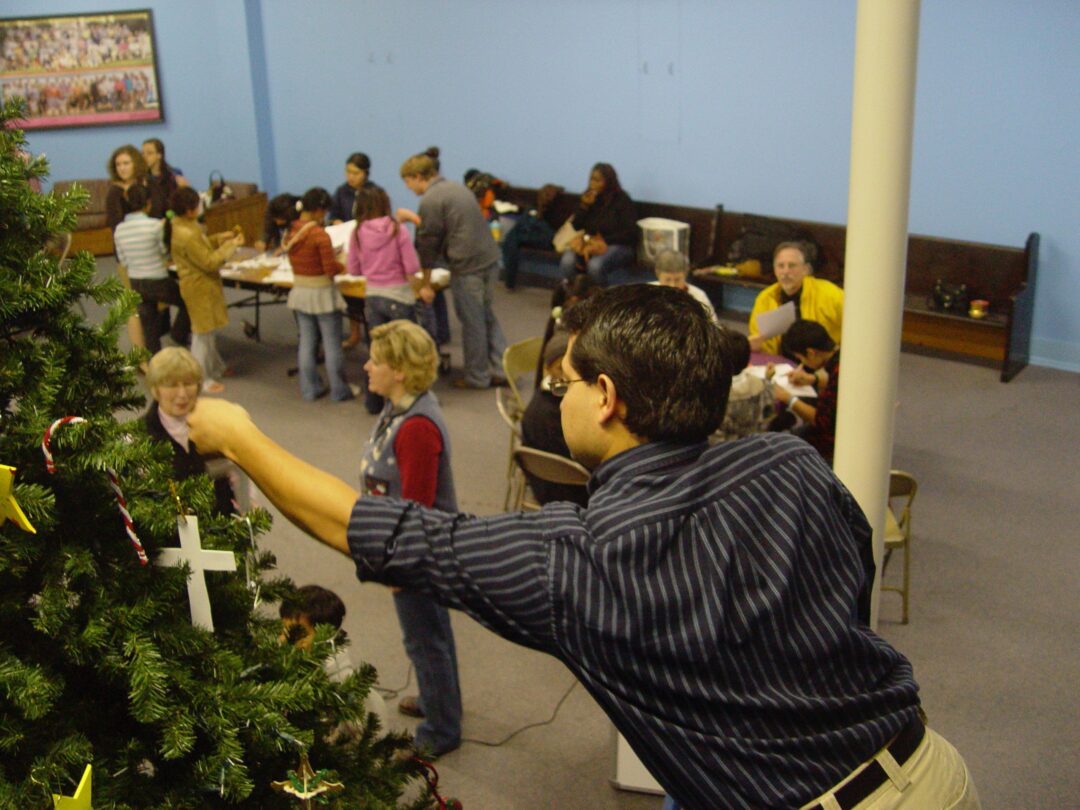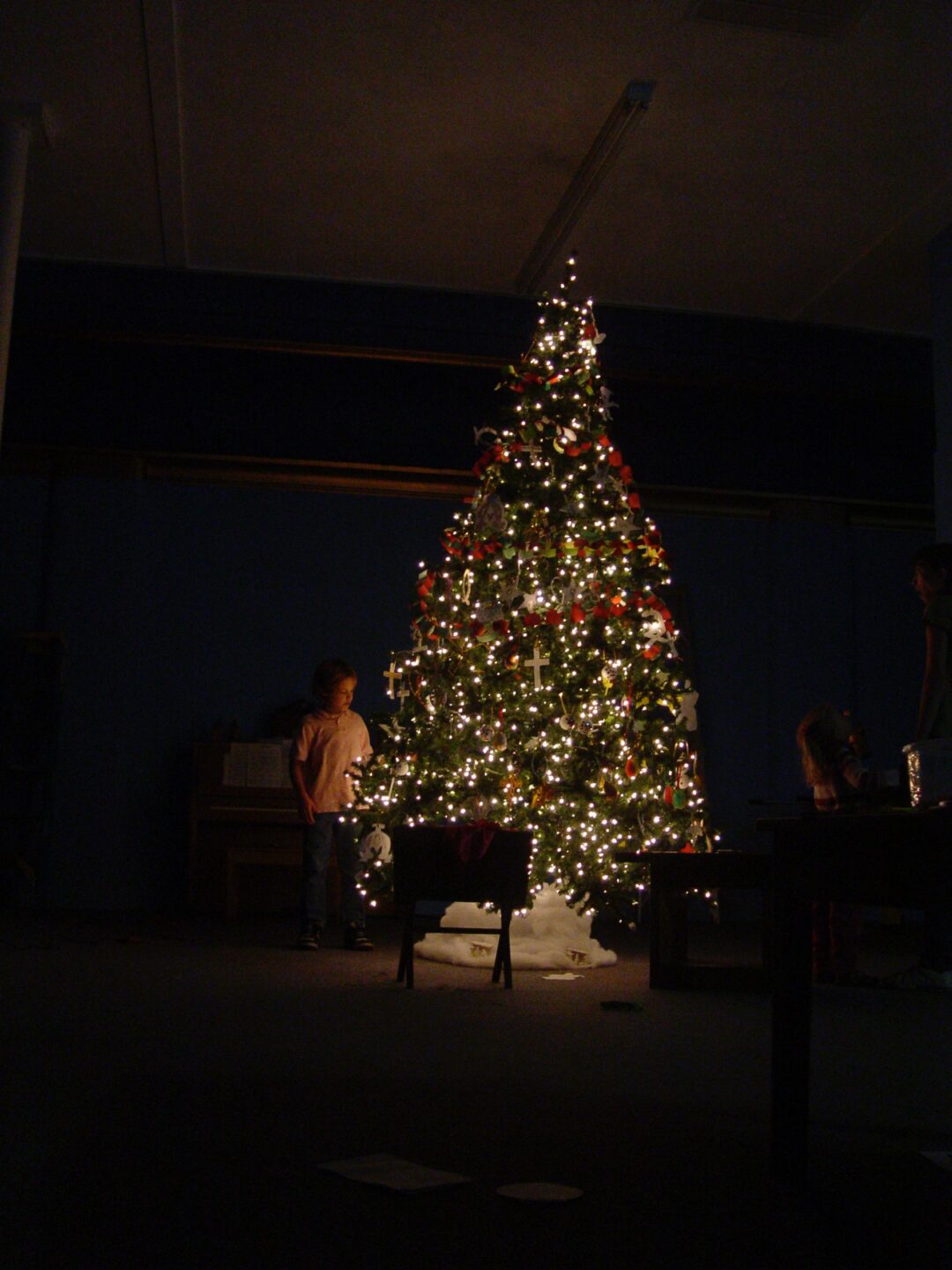What do you do when the door won’t open—when you’ve prayed, pushed, and persisted, only to find yourself still stuck? This week, Pastor Sterling Severns reflects on Luke 11:1–13, where Jesus responds to his disciples’ request: “Teach us to pray.” With insight from theologian Robert Farrar Capon, this homily explores prayer not as a formula for success but as a deep practice of surrender and connection.
Sterling walks us through the mystery of persistence in prayer—not to wear God down, but to wear down our own illusions of control. Sometimes the door doesn’t open right away. Sometimes it’s not the door that moves, but us. And sometimes, in the weariness and surrender, we discover that God has been with us all along, even before the door creaked open.
Whether you’re questioning, clinging, or simply tired, this episode offers a spacious, compassionate reminder: prayer doesn’t always change the circumstances, but it opens us to the God who is unshakably present in the midst of them.
Homily Transcript
July 13, 2025 Luke 11:1–13 Rev. Sterling Severns, Pastor
The disciples of Jesus have been following him for a while now. They notice that there’s something different about him beyond just his ability to perform miracles and the wisdom teaching and all the things it’s about. The way that he prays, they notice that when he goes off to spend time with God, he comes back kind of with a reset button having been hit or a renewed resolve. They become aware the more time that they spend with him, that there’s something about the quality, or whatever is that’s happening there in his connection with God that helps him in the moments that he finds himself being criticized. On the other side of the criticism, something that sustains him when he’s clearly getting weary. There is something about the quality of the nature of the way that he prays that sustains him. And so they ask the innocent question, hey, how do we pray like that? Teach us to pray now the cross thing at the beginning of our spiritual journeys, when we first start out, one of the great gifts of the initial period of time that we find ourselves just open and aware to the grace of God is that doors just kind of open for us as we go through them, we have a keen awareness early in our faith, In our childlike faith.
It seems that when we approach an obstacle, a wall, or, in today’s context, a door, we just kind of assume, maybe, I don’t know how to say it, we assume the door is going to open, and it does. Can you remember a time in your life when things felt pretty easy for a lot of you, that was a long time ago? Anybody? Yeah, for most all of us, if not all of us, it’s been so long since life felt that way that we don’t even remember that moment in our lives. Because the longer that we walk in faith, the more we discover as we do life, that more doors are on the way, right? So whereas at first we may just walk through the door or we just assume God’s going to open it and God opens the door, we’re good, but then the longer that we move along, we find that we have to work at it a little bit more. Here’s the great truth that I’d like to share with you in this brief little homily today, the perception of this passage of Scripture is that if we can just nag it, God enough, God will finally be so sick of hearing us that we’ll get what we ask for.
Robert Farrar Capon, one of my favorites, the quintessential go to for all things. Parables says that so many of us approach God as if prayer is a vending machine. You know, some of you are so young you haven’t used a lot of vending machines where you understand the frustration of putting all the quarters in and then watching your candy bar get stuck as it slowly is swiveling and it gets stuck, and you find yourself doing what, shaking the living daylights out of it, kicking it. And now you’ve gone and hurt yourself, and now you need to feed your feelings. So you’re going to need two candy bars, not one. And before you know it, and finally, it pops out, and Farrar Capon and says, No, that’s not prayer. That’s not what this author is saying, if you walk away from a parable and it tells you what you went into it, assuming that you knew what it was going to say, you’ve probably missed it. It’s not about wearing God out.
When I was a teenager, I knew that if I needed to get. Way with something I should approach my mom, not my dad. My dad was the hard liner in our house. I so desperately wanted to go snow skiing, which is such a joke, because in central Tennessee, you don’t have a whole lot of skiing options. You might as well be in Dubai, where you have skiing but like, come on. But sure enough, in Crossville, there was this tiny, little one hill ski resort, and I couldn’t wait to get to it, and my mom said, I am not giving you permission. If your dad says you can go, you can go. And I remember begging my dad at first, and then it was very clear that wasn’t going to happen. And finally, I knew my dad’s buttons enough that I knew if I pushed hard enough at this point with where he was in life, he may very well relent, and he did. The weather forecast was terrible. They were calling for ice, and I actually wore my dad out to the point that he said, Fine, just go. And sure enough, halfway there, we got hit on the interstate, and we ended up spinning out of control and almost hit a tree off of the interstate. A tow truck had to be called pull us back on the interstate. We ended up still the vehicle was operational. We were able to go and we skied our little one hill ski trip, and I came home, and to this day, I don’t know that my dad knows that I was in a car accident on the way there.
It’s not how it works. Here’s how it works. You didn’t get the life that you thought you would or for the religious types, we didn’t get the life that we thought we should have gotten. It didn’t pan out how we thought it would. And when we approach the doors as they come, one after the other, you know, sometimes in crisis, sometimes in deep pain, and other times, we just get worn out from doing the right thing over and over again, and somehow we just lose the ability to see that God is walking with us, that God is with us. In my own experience, I have had this experience multiple times now in adulthood, where I find myself looking at a proverbial door, and thinking to myself, I know how to get this door open. I’ve seen doors just like this door. I know how to do this. And I even assume that God expects me to be the one that opens it, and I end up beating on that door and turning that handle a million times and kicking on that door to the point that I have no energy left in my body, only to slunk down against that very door, and with what little energy I can muster, throw my hands up in the air and say, God, this is the end. I can’t do it. And sure enough, it’s the moment that I say I can’t, that I find that that door that I’m now leaning against, slunk down, just falls open, and I fall forward with this deep awareness that God just did something that I know I can’t.
It’s Not about God as Santa Claus giving us what we wish for. It’s not about the vending machine. It’s about our persistence and the necessary knocking. That is more about us wearing our own selves out, our egos out, so that we know that ultimately, prayer is not about getting what we ask for but so much more getting a constant awareness that we are not alone.
Jesus doesn’t say pray, and let’s see if you earn it. He just says it over and over again. Come to Me and, prayer….. intimacy…. is how God does that best.
Teach us to pray like you do Jesus, Our Father, who art in heaven. Hallowed be thy name. Your kingdom come not mine. Your will be done, not mine. Forgive me, Lord. Forgive us, Lord, the way that we forgive other people by your example and please enough doors already lead us, not into temptation, but no matter what, just try to deliver us from ourselves and the evil in us. Amen.
Amen.



